Getting religion in our bloodstream
For years, banned outfits have been, encouraged or not stopped from taking over Barelvi madrassas.
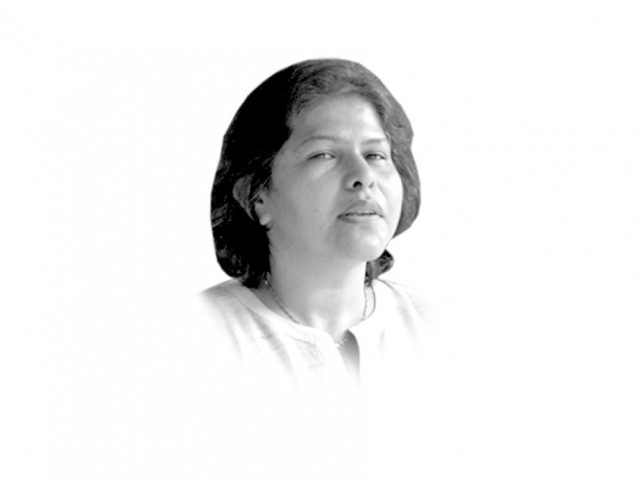
Getting religion in our bloodstream
The first question which needs asking is, will the policy of deploying numbardars for information work, since these officials are integrated into their societies, which means that they will be under greater threat of any repercussion if seen as providing information to the government? Why pretend that the government does not have information about the nefarious activities of militants in the society? The local police in Punjab and Sindh, where militancy is growing at a steady pace, are usually aware of the activities of people. The problem occurs when the police get orders from their bosses not to interfere with members of militant groups, and militants are then rescued by intelligence agencies. For instance, the report presented to the Punjab government talks about eight critical madrassas in Bahawalpur, Multan and Lodhran. Interestingly, most of these madrassas are those that have support from state agencies. Over the years, banned outfits have been, in fact, encouraged or not stopped from taking over Barelvi madrassas. In mafia style, there is turf warfare going on in almost every district with the Deobandi militant groups fighting for control over Barelvi seminaries. Some madrassas mentioned in these reports have expanded their operations to include indoctrination of women as well. And all of this happens in full view of the police and intelligence apparatus of the state. Over the past decade or so, its almost been a fad to allow construction of madrassas at the entry and exit of all major cities, town and communication arteries.
The sad part is that for years the police of the area was forced to lie to people investigating these madrassas. They continue to misguide people by claiming that these madrassas are open religious spaces where people can come and go at their own will and so there is nothing happening behind closed doors and high walls.
The Punjab government also seems to have bought into the strategy of the intelligence agencies of trying to accommodate members of militant groups by giving them public and private sector jobs. The idea is, perhaps, to take them away from the streets and divert them from active violence towards other activities. However, this strategy would also mean proliferation of radicalism in the society, which, in any case, is on an upward trajectory in Punjab. Furthermore, in the absence of a programme to deradicalise these elements, the strategy of integrating them in society may run the risk of camouflaging its further radicalisation.
Pakistani academic and author of the forthcoming Secularising Islamists, Humaira Iqtidar, may view the process as perhaps contributing to the process of secularisation of the state and society. In her recently published book, she analyses Jamaat-e-Islami (JI) and Jamaatud Dawa (JuD) as contributing to the process of secularisation of the society, though these two organisations do not believe in secularism. But based on her interviews with JI and JuD women (in particular) the author has concluded that these are actually forces of modernity that would eventually secularise the society. It seems that a similar conclusion was drawn by the Punjab government as well, in integrating the militants and militant organisations into the social bloodstream. The main flaw with Iqtidar’s analysis, however, is that it does not consider the active role of the state in building the jihadi discourse and the centrality of force and violence in the jihadi narrative. Their seemingly non-militant activities such as welfare and relief work are not an end but means to an end. The peripheral activities are primarily a cover to hide the actual work and intent of these outfits.
The impact of this flawed plan of reintegrating militant members into society in the present form is problematic. We need debate to ensure that the policy does not come back to bite us in later years.
Published in The Express Tribune, August 7th, 2011.

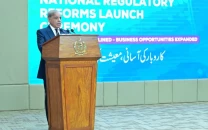
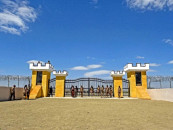
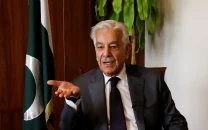


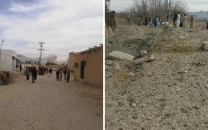


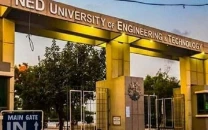


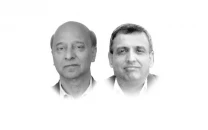





COMMENTS
Comments are moderated and generally will be posted if they are on-topic and not abusive.
For more information, please see our Comments FAQ